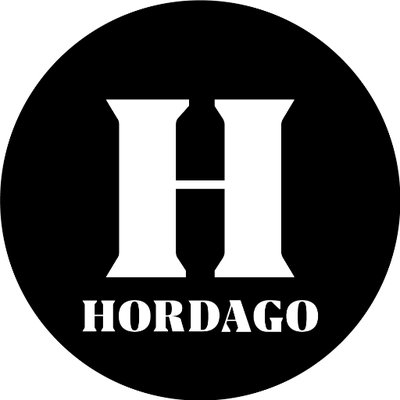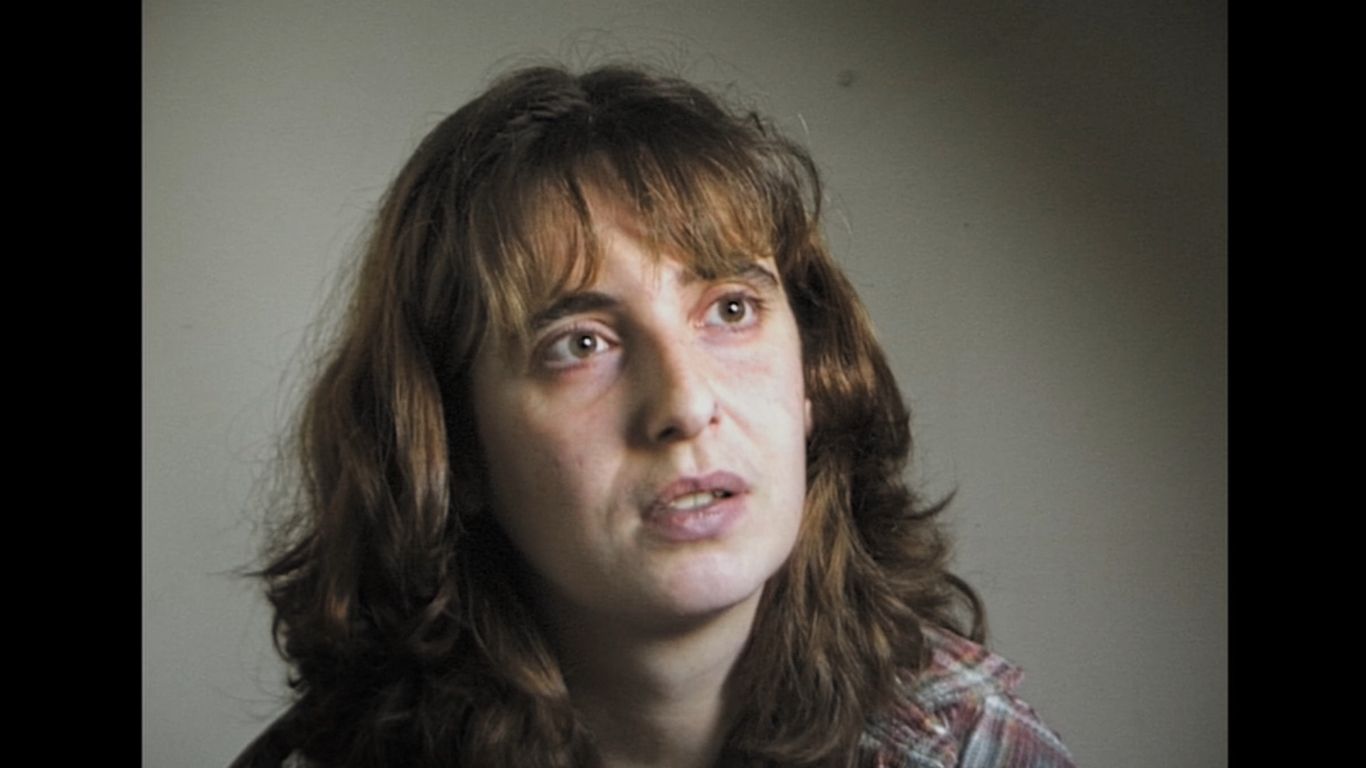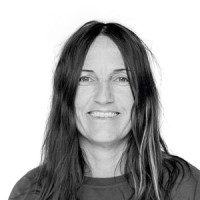Five images for the Basque conflict
- Who will drive the new Basque order from the point of view of social transformation? Who are today the busiest in Euskal Herria?

One: The registration campaign for the 24-25 course has started in Navarra. NIZE (Model D Public Schools Network) has used the image of a racialized child to promote enrollment. In these model D centers, the percentage of immigrant children is very small: honestly, photography does not reflect reality. The campaign aims to make it known that Euskera is also the most racialized person, but wouldn’t we want to communicate something that we don’t miss on blackwashing? Can the trend of enrollment in Navarros Model D schools be changed without changes in the community? Rather than photography, we should keep what photography reflects.
Two: I have the feeling that we are at a time similar to the years 60-70, reflecting on the situation in Navarre and what is happening in the Basque world in general. No, of course, as far as the political or economic order is concerned, but yes to the changes in the social order, in which a social organization was created, which has been maintained until now after the struggle for general emancipation. It was then that the great strikes began, the first steps of the feminist movement, the struggle for the Basque Country and the organization of the ikastolas, the creation of public health, that of the associations of neighbors and a long and so on.
But fifty years later, the Europe of armored borders, the development of neo-liberalism, funding and many other socio-economic processes have radically transformed our cities and peoples. Answering the two questions on the road to understanding the new map would give us great clues: Who will drive the new Basque social order from the bottom and from the point of view of social transformation? And what goes hand in hand: Who are the busiest in Euskal Herria today?
Those who do not work in the public service and racialized citizenship are the subjects of the transformation of the Basque Country
Three: In our history, Euskera has advanced when it has been the language of those who have no privileges. If we were to carry out the translation today, it would be the subjects of transformation who rent homes in poorer neighborhoods, the home workers, those who work in services that do not require qualifications, the carers, the construction workers, the supermarket workers... much more. They have several accounts in common: they do not work in the civil service and most of them are racialized.
But this class, which is the engine of history, has not experienced the segregation of the Basque Country; it does not affect it; it is out of its day to day. Moreover, the adult caregivers are Basque, and the owners of the rented apartment or the cleaning houses are Basque. Five are the enthusiastic and crude debates that we Basques have in our society for that 25%. And vice versa: the conflicts of these five people to the Basques.
Four: Five decades ago, the community of Basque speakers and speakers denounced the rights of the violation to denounce our situation. It has been said that the normalisation of Euskera is a question of democracy, justice and human rights. But just as it happened with feminism, is it possible that in this first quarter of the 21st century it becomes a sociolinguistics without class gazes? Is it possible without the eyes of the state? We can only guess the way so that in the coming decades the linguistic gap between the middle and upper classes will not go against the Basque people.
Five: We need a sincere debate on the issue of Euskera from an intersectional point of view; let us not put aside class, race, gender and also politics. It starts from the new materiality of our society, not from ideology. Any other path, knowing where in fifty years' time the Basques will be placed in the pyramid of society.
Bidali zure iritzi artikuluak iritzia@argia.eus helbide elektronikora
ARGIAk ez du zertan bat etorri artikuluen edukiarekin. Idatzien gehienezko luzera 4.500 karakterekoa da (espazioak barne). Idazkera aldetik gutxieneko zuzentasun bat beharrezkoa da: batetik, ARGIAk ezin du hartu zuzenketa sakona egiteko lanik; bestetik, egitekotan edukia nahi gabe aldatzeko arriskua dago. ARGIAk azaleko zuzenketak edo moldaketak egingo dizkie artikuluei, behar izanez gero.
Historically, a court of the Spanish Monarchy passed the following resolution: "The officers in charge of the custody of Iratxe Sorzabal applied electrodes to force him to testify, which constitutes a flagrant violation of his fundamental human rights." In other words, after the... [+]
I have had days of visits, experiences and reflections. There I am, trying to make intersectionality a reality, trying to connect struggles, trying to say all the points as bertsolaris, without pounding...
From the community radio station LoRa where I work, we organized a round... [+]
Oliver Laxe once told me that maintaining empathy is the right thing to do in this life. That he is moved by wounded people, and that makes him very curious; and that is precisely one of the things he likes the most: to wonder why he has been moved about it, to study these... [+]
Ustekabean edo... urte hasiera honetan bi mila milioitik gorako irabaziak izan omen ditu Iberdrolak, baina ez omen dago txapliguak, altxafuegoak, etxaferuak... edo dena delakoak zeruetara botatzeko egoeran, izan ere, iaz aldi berean baino %27 gutxiago irabazi omen du. Atalen... [+]
In the debate on education, the neologism that some of us are using (I think we can call it that) is pedagogy, which perhaps needs an explanation. The idea is to give pedagogy a chance, separating the two things. As in the distinction between science and science, pedagogy would... [+]
Politikan, gizartean eragiteko nahiaren eta identitate zeinuetan sakontzearen arteko tentsioa ekidinezina da. Zabaltzearen eta norberaren ezaugarriak indartzearen arteko hartu-emana politikaren adierazle baita. Bi arloak lortu nahi izaten dira, eta elkarren artean elikatzen... [+]
Many animals use coincidence with the group as a survival strategy. This character has often been neglected, equating many collectives with herds, as a mass without its own character that must be guided. But the community, when it suspects the threat, knows how to use its... [+]
Bio etiketadun sagar edo tomate bat erosten dugunean, sagar edo tomateari osasungarri hitza lotzen diogu eta lurra zaintzen ari den nekazaria irudikatu dezakegu. Lurraren zaintzari jarritako mimoagatik, erosketaren prezio altua ulerkorra egiten zaigu. Sagarraren erosketak... [+]
Like all Mariokers, I was thirsty for references in my adolescence, in the process of admitting that I was bisexual, and I found some rare ones: Skin, singer of Skunk Anansie (among them I didn’t know she was bisexual, but the radar worked for me), Beatriz and the celestial... [+]
A fund for the State of Israel has bought most of the macrofestivals in the Spanish state. I'm talking about To. Whether it’s a festival with a beach side driveway or a festival with tattooed hardcorettes, an exchange of 1,400 million euros to build homes in Israeli colonies in... [+]
Energia politikek haserreak eta desadostasun sakonak sortu dituzte ekologisten artean. Ez da gauza berririk. Hemen eta atzerrian. Hemen eta orain, nabarmen. Duela bi urte, 2023ko udaberrian, gure ikerketa taldeak (ekopol.eus) hiru mahai-inguru antolatu zituen Donostian,... [+]
At the moment, and up to the head, a huge exhibition on Artificial Intelligence is on display at the Galerie nationale du Jeu de Paume in Paris, with the title: The world according to Artificial Intelligence. This exhibition presents a series of contemporary works of art, among... [+]
Yours is not ecology, yours is ideology.” You have the words of the head of the Spanish opposition, this time with the excuse of the blackout. What it means to distort the word ideology; energy transition and/or energy policy because, as the word says, it is pure politics. The... [+]






















